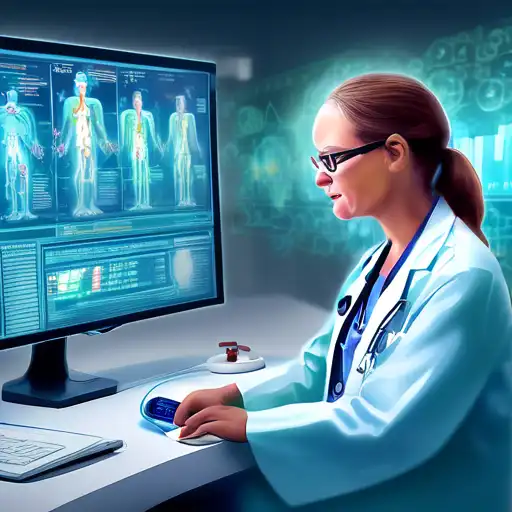The Power of Big Data in Transforming Healthcare
In the digital age, big data has emerged as a cornerstone in revolutionizing industries, with healthcare standing at the forefront of this transformation. By leveraging vast amounts of health-related data, medical professionals are now able to predict outbreaks, improve patient care, and enhance treatment outcomes like never before.
Understanding Big Data in Healthcare
Big data in healthcare refers to the massive volumes of information generated by digital technologies that collect patient records and help in managing hospital performance. This data, when analyzed properly, can lead to significant improvements in patient outcomes and operational efficiencies.
Key Benefits of Big Data in Healthcare
- Improved Patient Outcomes: By analyzing trends and patterns in big data, healthcare providers can identify at-risk patients and intervene earlier.
- Enhanced Disease Management: Big data enables the tracking of disease progression and the effectiveness of treatments in real-time.
- Cost Reduction: Efficient data analysis can help in reducing healthcare costs by optimizing resource allocation and reducing unnecessary procedures.
- Personalized Medicine: Big data paves the way for personalized treatment plans based on individual patient data and history.
Challenges and Solutions
Despite its potential, the integration of big data in healthcare comes with challenges such as data privacy concerns and the need for skilled personnel. However, with robust cybersecurity measures and continuous training, these hurdles can be overcome.
Future Prospects
The future of big data in healthcare is bright, with advancements in AI and machine learning offering new ways to analyze and interpret data. This will further enhance patient care and outcomes, making healthcare more predictive and preventive.
For more insights into how technology is shaping healthcare, explore our articles on Health Informatics and Medical Technology.
In conclusion, big data holds the key to unlocking unprecedented improvements in healthcare. By embracing this technology, healthcare providers can offer better, more efficient, and personalized care to patients worldwide.
